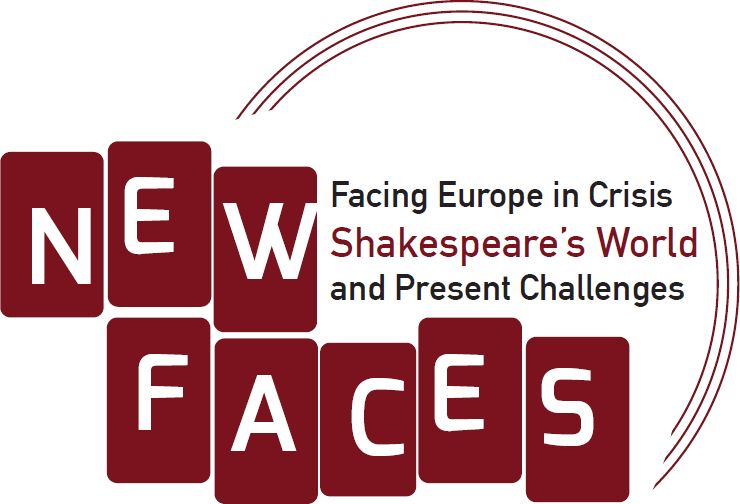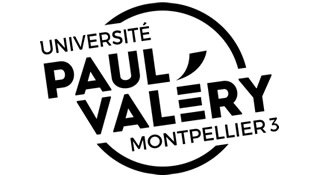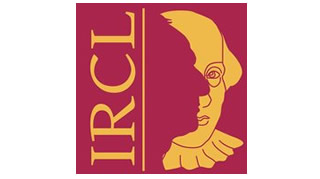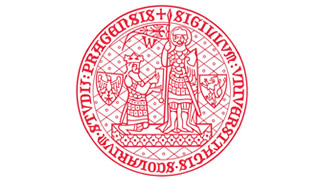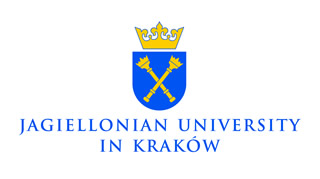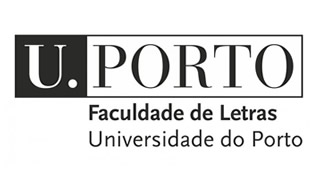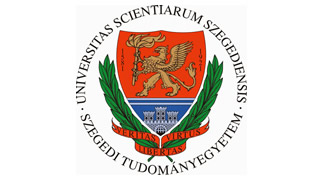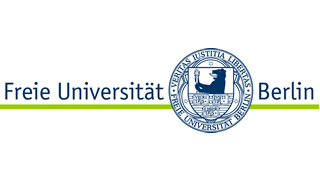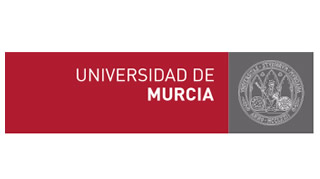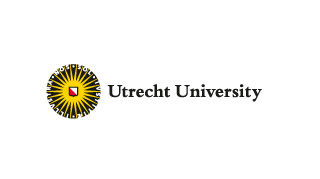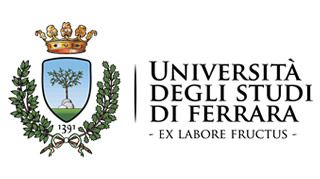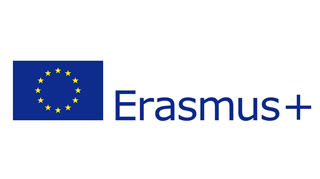Intellectual Output n°2: “Why New Faces”
PANEL SUMMARY
Panel n°5
Crisis & Authority
The panel first discussed (in Martin Procházka’s paper, using the material from Shakespeare’s first historical tetralogy) the crisis of divine kingship towards the close of the middle ages (the demand of popular consensus and the influence of monetary economy) and its consequences for modern nationalism based on the imagining of communities in the “transverse, cross-time temporal simultaneity” (Benedict Anderson). The substitution for the divine authority is that of “nature” and its derivatives (language, organic unity, race, etc.), all used in modern nationalist ideologies. Nathalie Rivère de Carles’ paper focused on the issue of an autonomous diplomatic voice as counterweight to early modern rulers’ tyrannical authority (using Jean Hotman’s play The Ambassador, 1603, and Shakespeare’s Henry V and The Winter’s Tale). It showed the persistence of the tension between the diplomatic and political authority in contemporary political crises (Brexit, Trump administration’s reorientation of US diplomacy) and the new communicational options to be considered in these conflicts. Finally, Marc Smyrl outlined the problem of the loss of authority using both Shakespeare’s Richard II and the example of the recent downfall of David Cameron. His paper showed that authority is prior to power and that its loss is irretrievable. What is at risk is not the career of individual leaders but the legitimacy of the offices they hold. The ensuing discussion dealt with the sources and exercise of authority in contemporary politics and everyday life, confronting rhetorical and structural aspects of modern authority.
